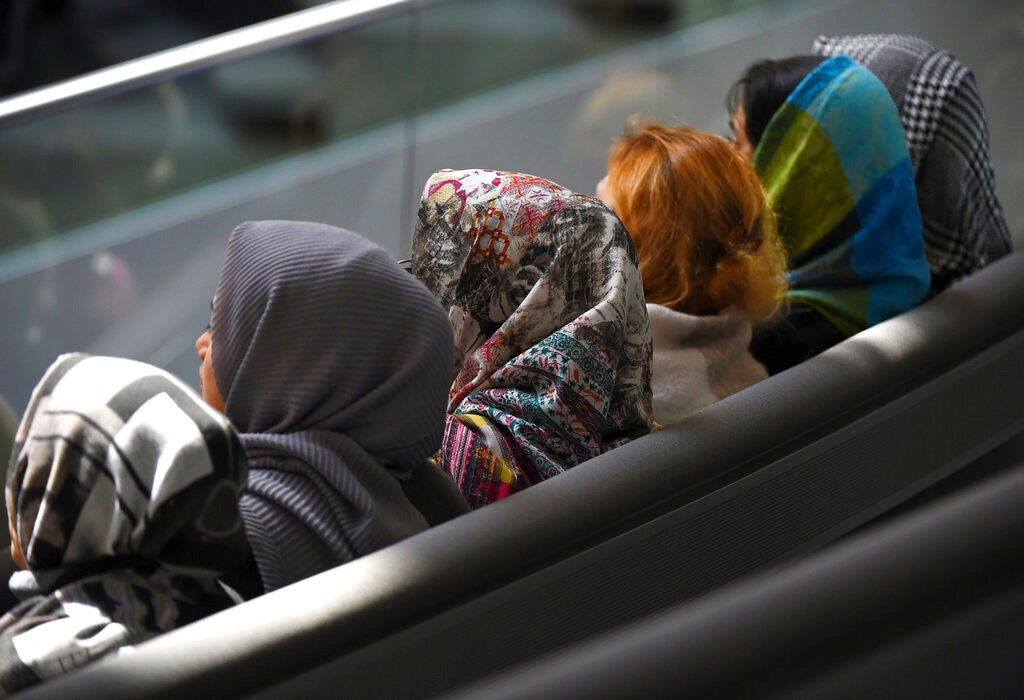
Protection of religious freedom – for Muslim women in particular – was dented last week by the European Union’s highest court’s ruling that permits employers to discriminate against people who wear religious dress.
Ruling on two cases brought by women in Germany whose employers refused to let them wear headscarves at work, the Court of Justice of the European Union (CJEU) found on July 15 that employers can limit workplace expression of religious, political, or philosophical beliefs where there is “a genuine need” to “present a neutral image towards customers or to prevent social disputes.”
“Neutrality” has previously been used to justify similar public sector bans and this extends that logic to the private sector, opening the door to widespread employment discrimination. The court’s reasoning that allowing religious dress could harm a business’ ability to operate rests on the flawed logic that a client’s objections to employees wearing religious dress can legitimately trump employees’ rights.
The court states that such restrictions are not discriminatory as long as they apply equally to all expression of religion or belief. Any restrictions should also restrict, for example, the wearing of the Jewish kippah and the Sikh Turban. In practice, Muslim women in Europe who wear headscarves or face veils are often the focus of such curbs.
Bans on religious clothing and symbols for teachers and other civil servants in Germany led some Muslim women to give up teaching careers. A ban on face coverings in France, upheld by the European Court of Human Rights, led to fines for nearly 600 Muslim women in less than three years and France’s 2004 law banning the wearing of headscarves in schools kept some Muslim girls from finishing school.
For any women forced to wear a headscarf or veil, such prohibitions do not address root causes of oppression but risk in practice further curtailing their engagement with society, increasing their isolation. Rather than helping dismantle patriarchal norms that underpin control of women’s bodies and behavior, such prohibitions can feed them.
European states are exerting increasing control over women’s decisions and bodies, from face veil bans in Denmark and Switzerland to a near-ban on legal abortion in Poland. The court’s decision could feed this disturbing trend, legitimizing both public and private efforts to restrict women’s dress.
Muslim women shouldn’t have to choose between their faith and their jobs.
"work" - Google News
July 19, 2021 at 09:41PM
https://ift.tt/2W0ttAE
European Union Court OKs Bans on Religious Dress at Work - Human Rights Watch
"work" - Google News
https://ift.tt/3bUEaYA
Bagikan Berita Ini














0 Response to "European Union Court OKs Bans on Religious Dress at Work - Human Rights Watch"
Post a Comment